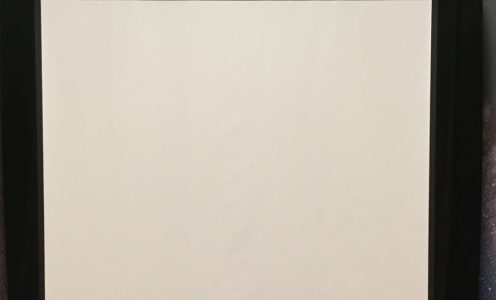A talk by Prof. Jon Butterworth to the Orpington Astronomical Society on July 26th 2023
Report by Hugh Alford FRAS.
Astronomy is one of the oldest natural sciences and can be generally defined as the study of everything that originates beyond the Earth’s atmosphere. Within the vast array of topics this covers, the one that most interests me is physical cosmology or, more generally, the study of the Universe as a whole, and the vastness of the Universe and where it came from have especially fascinated me for years. The society trip to CERN (the Conseil Européen pour la Recherche Nucléaire or European Organisation for Nuclear Research) back in 2013 was therefore a highlight in my time with the society so far. Thus the speaker for the July 2023 society meeting, Prof. Jon Butterworth, Prof. of Physics, Dept. of Physics & Astronomy, Faculty of Maths & Physical Sciences, University College of London (UCL); currently working on the ATLAS (A Toroidal LHC Apparatus) collaboration at CERN’s Large Hadron Collider (LHC) ~ also author, lecturer and popular science communicator ~ was always going to be a ‘must see’ for myself and anyone who has the same interest. As he is one of the leading Physicists at CERN, his attendance was also quite a coup ~ well done Tony!
Prof. Butterworth began by taking us back to the discovery of the first sub-atomic particle, the electron, by Sir Joseph John Thompson at Cambridge University in 1913 (worthy of note is that Thompson had the distinction of having seven students eventually go on and win a Nobel prize; as well as himself). We were then gently but firmly guided through the subatomic realms of the Standard Model of Physics. A good presenter always tells a story and Prof. Butterworth took us on a journey of discovery via the metaphor of travelling through the ‘invisible’ world map of the subatomic realm, identifying the principal particles as we went from land to land. Thus we began our journey from Atom land and Electromagnetism at Port Electron discovering the various lands of the Isle of Leptons, Hadron Island, the Isle of Quarks through to Bosonia and the Higgs Particle. Along the way we touched upon the curious case of the disparity between matter and anti-matter and other interesting particles such as the photon and neutrino (and their various varieties) and upon which island they may reside.
Of course, there were still hidden particles off the map, and Prof. Butterworth talked of his own work at CERN at the ATLAS apparatus and how ‘indirect pointers’ among the mass of impactor results was one of the processes which allowed them to identify leads towards other discoveries. The future is open-ended. Whilst there is no agreement on any theory better than the standard model there are conjectures connecting anomalous phenomena. Whilst the power needed to produce results at CERN has been increased a number of times, some are concerned that the current powers may not be sufficient to probe further and there are no guarantees that clarity on Dark Matter, Supersymmetry or anything else beyond the current standard model will be within reach. However, despite this, Prof. Butterworth was sanguine as to the future possibilities of discovering and furthering the understanding of the complexities of ‘Atom Land’ at CERN.
It was a thoroughly enlightening and enjoyable talk and hopefully we will see Prof. Butterworth’s return in due course.
[Note: The main points of the talk and the metaphoric use of a journey through various lands reflects the content of Prof. Butterworth’s book, entitled, Atom Land: A Guided Tour Through the Strange (and impossibly small) World of Particle Physics. The society has obtained a copy of this and his other book on the subject of CERN and finding the Higgs Boson ~ Smashing Physics: inside the world’s biggest experiment ~ for member availability from the Society Library on request].


